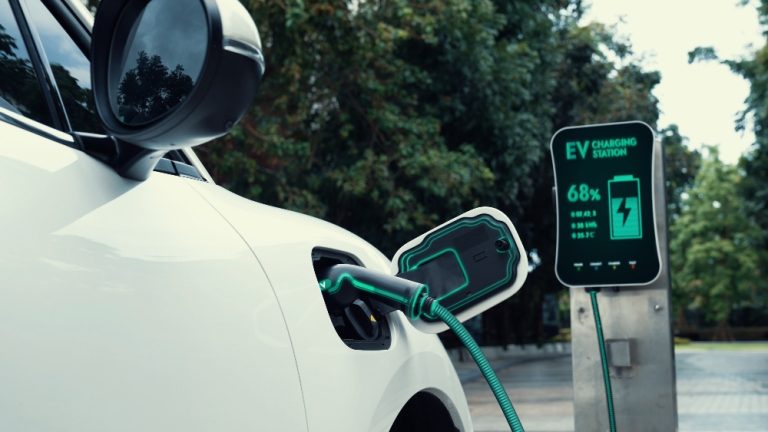A recent Statista Consumer Insights poll has highlighted a major obstacle to electric vehicle (EV) adoption across Europe: inadequate charging infrastructure.
The survey reveals that over 20% of potential EV buyers in various northern and western European countries view poor electric infrastructure as a significant deterrent.
Regional discrepancies in infrastructure challenges
The survey data shows a stark contrast in perceptions of infrastructure adequacy across Europe.
Norway, known for its advanced EV infrastructure, reports that only 8% of respondents cite infrastructure issues as a barrier to EV adoption.
In comparison, countries like Poland (14%), Romania (13%), Italy (15%), and Greece (14%) experience relatively higher levels of concern regarding charging infrastructure.
This regional disparity highlights how infrastructure challenges impact EV adoption differently across the continent.
Eastern and southern European nations generally report less anxiety about infrastructure, suggesting that regional factors play a crucial role in shaping attitudes toward EVs.
Global comparison of infrastructure concerns
The situation in Europe contrasts sharply with views in other major markets. In both the United States and China, only 13% of respondents consider insufficient infrastructure a significant barrier to purchasing electric vehicles.
This difference underscores the varying factors influencing EV adoption in different regions.
Meanwhile, Latin America is slowly becoming a growing hub for electric vehicles.
According to the East Asia Forum, while the United States and the European Union impose tariffs and protective measures on Chinese electric vehicles, Latin America stands out as a region that remains open to Chinese auto imports while supporting local investment in electric vehicle production and essential minerals.
Implications for EU climate goals
The lack of sufficient EV infrastructure poses a serious threat to the European Union’s climate objectives.
Inadequate charging facilities hinder the transition to low-emission transportation, jeopardizing efforts to meet ambitious climate targets and achieve carbon neutrality by 2050.
Moreover, the slow adoption of EVs due to infrastructure issues delays the reduction of reliance on fossil fuel-powered vehicles, which undermines the environmental benefits of EVs, such as reduced emissions and improved air quality.
The urgent need for improved infrastructure
The poll underscores the critical need for enhanced electric vehicle infrastructure to accelerate the adoption of EVs across Europe.
Strengthening the charging network is essential for overcoming current barriers and facilitating a smoother transition to sustainable transportation options.
Addressing these infrastructure gaps is not only crucial for meeting climate goals but also for ensuring that electric vehicles become a practical choice for a larger segment of the population.
In summary, improving electric vehicle infrastructure should be a top priority for European policymakers and industry stakeholders. By tackling these challenges, Europe can enhance the appeal of EVs, support its climate ambitions, and move closer to a greener future.
The post Lack of charging infrastructure hinders electric vehicle adoption in Europe, new poll reveals appeared first on Invezz



